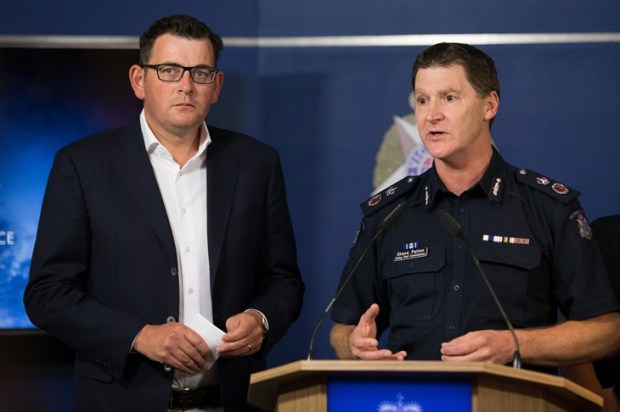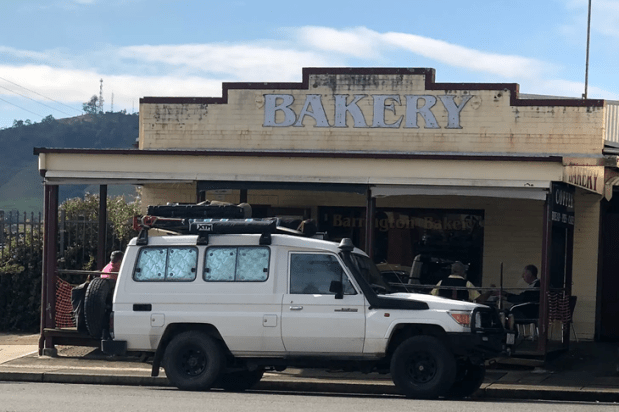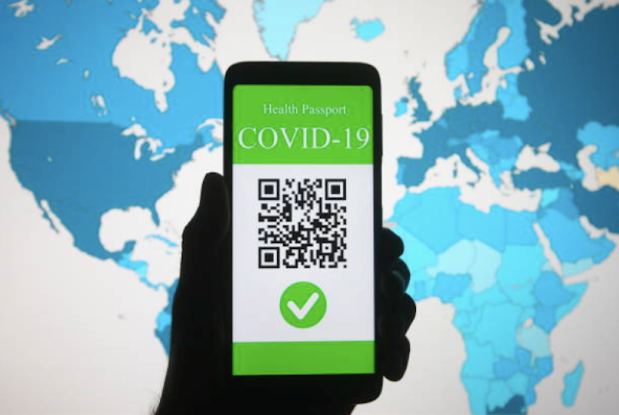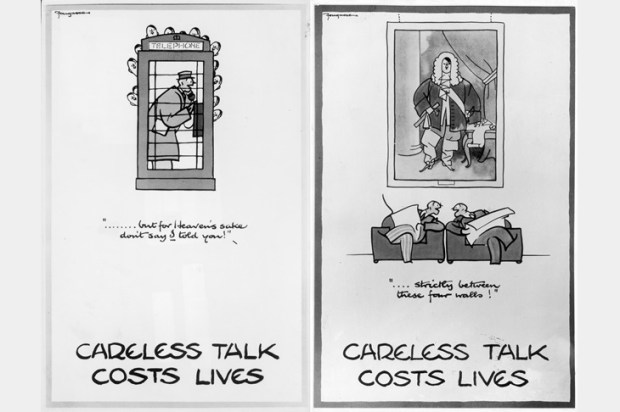Each week in The Spectator Australia magazine there is an excellent column by Janet de Botton for devotees of Bridge. Some particular situation or tactic of the card game is explained and an example given which shows the cards held in the hands of four different players, who play in pairs.
That’s all I know about Bridge. Therefore, I find the descriptions of the game-play intriguing but impenetrable.
Hoffa ruffed the Spade lead and played a top Heart and another to dummy, discovering the very annoying trump break. It was time for a small Club from dummy and the King was taken by the Ace and a small Club returned towards the Jack. West didn’t want to give declarer the whole suit, so he followed with the 8 of clubs, and East could ruff dummy’s Jack of clubs and continue forcing declarer…
Only someone in possession of the code could unravel the meaning in this passage. If the censors at Colditz had been non-Bridge players, it would have had them bamboozled. ‘Nusink to zee here!’ They would have spluttered. ‘Zose Englisher Tommies have lost zeir marbles!’
Codes were used successfully in communications to (and from) Colditz prisoners during the second world war, and were never cracked. Codes are a useful tool to have in the toolbox, especially when one is confronted with censorship and tyrants who want to stop the truth coming out.
What constitutes a code ranges from formal, mathematical, structured methods which can transform innocent looking (if garbled) sentences into a secret message and goes all the way through to forms of untruthfulness that involve text written with deliberate ambiguity. This technique is favoured by politicians and we already see examples where a kind of circumlocution between strangers dances around a topic known to be controversial.
I encountered this last type of code on a three-month 4WD outback camping trip. Chance encounters with fellow campers often turned into campsite recommendations. After a while, phrases like ‘we like this campsite, it’s a bit out of the way but very peaceful’ and its opposite ‘a little too close to town for our liking’ seemed (in our imagination at least) to be imbued with extra meaning, which was corroborated more than once as we passed by the non-preferred sites. It was a code.
No matter what our Great High Priestess of Permitted Pronouncements may or may not pontificate about, the truth will find a way out. We’ll resurrect old codes, or invent new ones, or find new channels, and the untruths circulating online will be exposed.
In the meantime, each of us must adopt a posture towards incoming ‘information’, and have some sort of framework for judging how reliable it is. Lately, various prefixes have become fashionable in categorising information: mis-, dis-, mal-, and no doubt others. They adorn virtually every utterance of a politician. Attaching such labels would, in a truthful world, be called censorship. The fetishisation of these euphemisms for censorship amount to a tacit admission of guilt by the political class. To make ad hominem attacks on words and thoughts by slurring them with the mis and dis labels is to avoid responding to the underlying concern, just like an ad hominem attack defames the individual while ignoring the argument.
My preferred posture towards incoming information, whether from mainstream media, government sources, institutions, or individuals, is now quite settled. Thow who have nothing at stake when making a claim are to be ignored or avoided altogether if possible. The claim itself is to be treated with utmost scepticism, especially if it comes from someone claimed to be an expert. Calls to action by such a person are to be responded to with complete inaction, or the opposite action, just for fun.
Anyone risking their livelihood, their freedom, or their reputation to make a counter-claim is to be given the time of day. Their call to action, if any, is to be contemplated, and possibly followed.
I think it is quite likely that my declared posture could be construed as in breach of the current Bill making its way through the Parliament. Let’s hope it doesn’t get all the way.
In the meantime, perhaps I should look into the Bridge classes at my local Community Centre. I might learn something
This article was first published on Richard’s Substack, here.

























